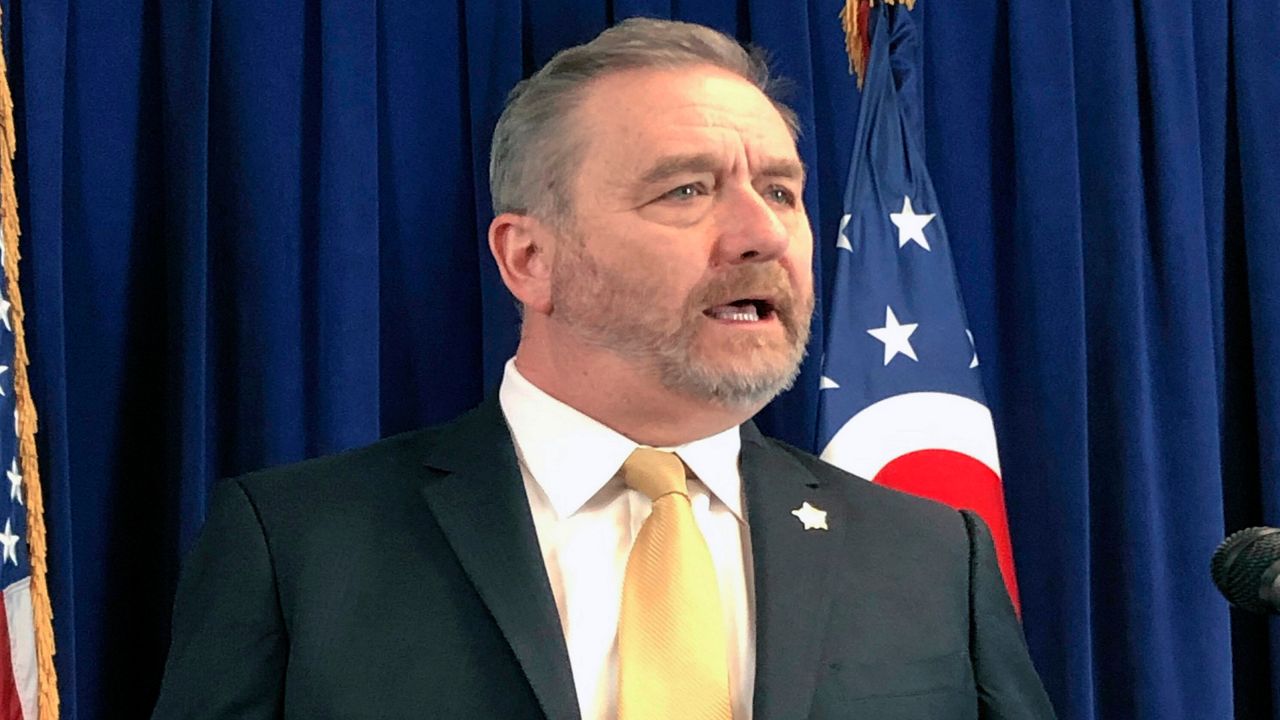COLUMBUS, Ohio — Ohio's high court has given Republican Attorney General Dave Yost until Monday to respond to the legal claims of a coalition of civil rights organizations that is challenging his rejection of a package of voter protections they are working to place on November's ballot.
The Ohio Supreme Court set the deadline Friday.
At issue is a Jan. 25 finding by Yost that the proposed constitutional amendment's title — “Ohio Voters Bill of Rights” — was “highly misleading and misrepresentative” of the measure’s contents. He issued the decision even while acknowledging that his office had previously certified identical language. It certified a Nursing Facility Patients’ Bill of Rights in 2021 and another Ohio Voters Bill of Rights in 2014.
It was his second time declining to certify the group's petition summary.
The coalition behind the amendment — which includes the NAACP's Ohio chapter, A. Philip Randolph Institute and Ohio Organizing Collaborative — filed suit Thursday.
Their complaint asks justices to direct Yost to certify their petition and send it along to the state Ballot Board, on the grounds that he had no reviewing authority over its title, let alone the power to reject it based on that.
In his rejection letter, Yost cited “recent authority from the Ohio Supreme Court” giving him the ability to review petition headings, as well as text summaries. He pointed to the high court's decision in a legal dispute last year over the title that appeared on petitions for a local drag ban.
The push for election law changes follows Ohio’s enactment last year of a host of election law changes, including tougher photo ID requirements and shortened windows after Election Day for returning and curing ballots.
The Ohio Voters Bill of Rights would enshrine in the state constitution the right for all Ohioans to vote safely and securely and require automatic voter registration, same-day voter registration and expanded early voting options and locations.



